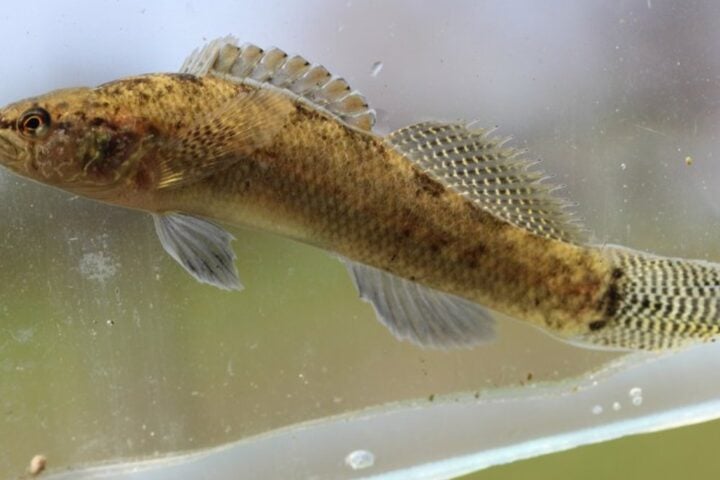The shutdown of a nuclear power plant in Minnesota caused the deaths of at least 230 fish in the Mississippi River, triggered by a change in water temperature. The incident was a result of the plant’s being shut down for permanent repairs after a leak of water containing tritium was discovered.
The fish eventually died from thermal shock and not from the tritium leak; hence, there is no risk to public safety. The company that runs the plant, Xcel Energy, said that it generally avoids shutdowns during winter periods when temperature differences are greater.
The Minnesota Pollution Control Agency claimed that the fish kill was not unexpected given the significant temperature change that occurs when warm water from the plant stops flowing to the river during a shutdown in operations. The fish that died were bass, channel catfish, common carp, and sucker fish.
- NASA Parker Solar Probe Hits 430,000 MPH During Historic 3.8 Million Mile Sun Approach
- Health Canada Recalls Heart Medication: Wrong Pills Found in Bottles Could Cause Dangerous Side Effects
- 🔴 LIVE Extreme Weather Alert Central: Nigeria Flood Crisis Hits 20 States Despite 620 Billion Prevention Fund While 116,000 Already Displaced
- 7 Reasons People Visit Urgent Care Clinics | Complete Guide
- Canada Defies Economic Headwinds with 83,100 Jobs Added in June as Unemployment Falls to 6.9%
The impact of the shutdown was relatively small in relative terms, considering the death toll, according to Pat Rivers, the deputy director of fish and wildlife for the Minnesota Department of Natural Resources. The plant will begin producing power again in the next week and will shut down again on April 15 for refuelling. Tritium, a radioactive form of hydrogen that occurs naturally and as a byproduct of nuclear power generation, has not reached any drinking water sources.


















